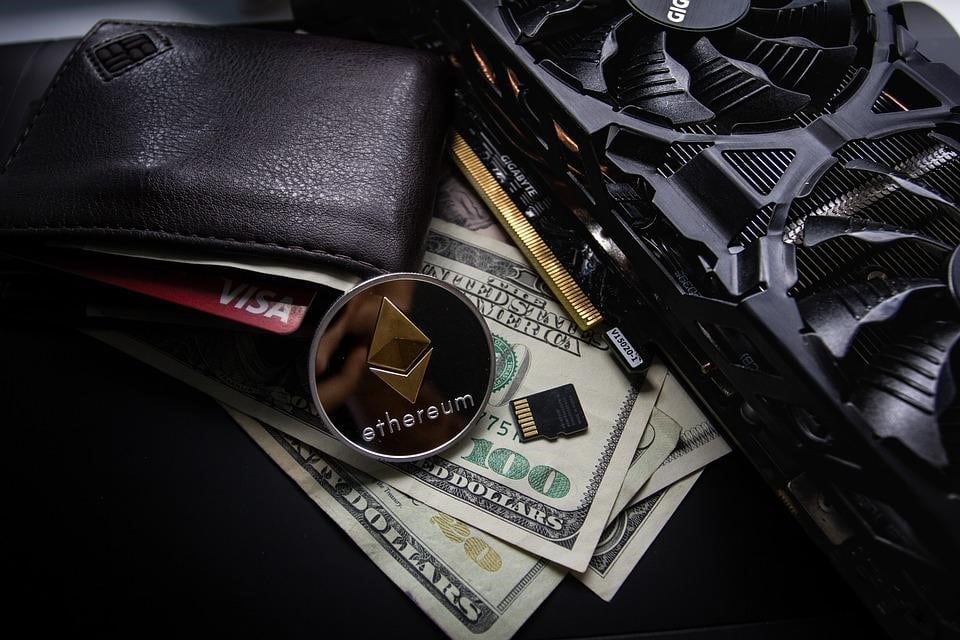
Huobi Thailand Loses License
The crypto exchange Huobi Thailand is set to close down in July after its license was revoked. According to a report by The Block, the Thai Securities and Exchange Commission (SEC) has ordered the exchange to cease operations and return all funds to its customers.
The exchange’s plan to enter the Thai market was short-lived, however. According to blockchain analysis company Chainalysis, Thailand has one of the world’s highest adoption rates of DeFi, or decentralized financial services. The country ranks next to the US and Vietnam in terms of adoption.
It is clear that the crypto industry is flourishing in Thailand. With high adoption rates of DeFi, the country is poised to become a leader in the space. Binance‘s failed attempt to enter the market underscores the importance of understanding local regulations before venturing into new territory.
Although the value of cryptocurrencies has been plummeting, the government of Thailand has been cracking down on the use of crypto-based payments. As of February, there were eight licensed crypto exchange platforms in the country, with Bangkok-based Bitkub being the largest.
The Thai government is not alone in its concerns about the dangers of cryptocurrencies. In January 2018, China outlawed cryptocurrency trading and initial coin offerings (ICOs), and since then other countries have taken similar measures. South Korea has also banned ICOs and placed strict regulations on cryptocurrency exchanges, while Vietnam has outright prohibited the use of Bitcoin as a form of payment.
Critics argue that these crackdowns will only serve to stifle innovation and hamper the growth of a potentially transformative technology. Others point out that many aspects of the cryptocurrency market are still shrouded in mystery and lack transparency, making it ripe for abuse by criminals and bad actors. Until these issues are addressed, it is unlikely that cryptocurrencies will be able to gain widespread adoption as a mainstream form of payment.
The launch of Huobi Thailand was likely part of Huobi’s larger strategy to expand its reach into Southeast Asia. The region is home to a rapidly growing cryptocurrency user base, as well as several large exchanges such as Binance and OKEx. By establishing a presence in Thailand, Huobi can tap into this growing market and compete against its rivals.
Huobi Thailand
Huobi Thailand has been one of the more successful international ventures for Huobi, helping to offset some of the impact from the Chinese clampdowns. The Thai exchange has consistently ranked in the top 10 exchanges by 24-hour trading volume on CoinMarketCap, and earlier this year it was reported to have surpassed $1 billion in quarterly trading volume.
Given its success, Huobi is now looking to replicate that model in other Southeast Asian countries. It has already launched exchanges in Indonesia and Malaysia, and is reportedly close to launching in Vietnam as well. If Huobi can continue its momentum in Southeast Asia, it could become a major player in the region’s burgeoning crypto industry.
According to Thailand’s Bangkok Post, Huobi Global Limited was granted a digital asset trading license by the country’s Ministry of Finance. The move allows Huobi Thailand to offer its users four cryptocurrency trading pairs, including Bitcoin (BTC), Ethereum (ETH), Huobi Token (HT), and stablecoin Tether (USDT) against the Thai Baht.
The report notes that the decision came after months of deliberation by Thai regulators who have been working on a regulatory framework for cryptocurrencies since late 2018.
In September, Thailand’s Securities and Exchange Commission withdrew Huobi Thailand’s operating license due to “management structure and work system issues.”
Huobi Thailand is returning users’ assets but won’t be responsible for platform troubles after July.







